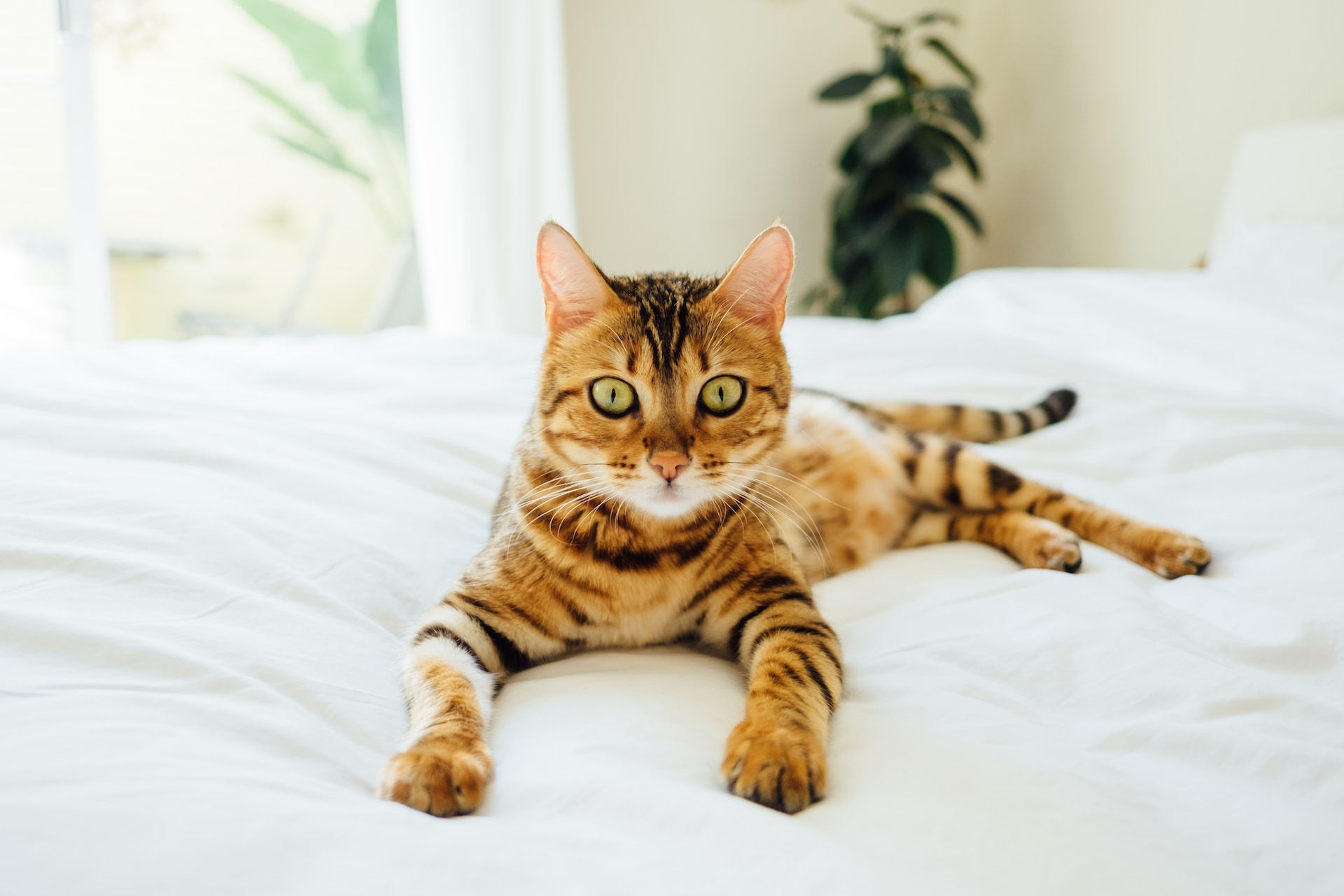Cats have a way of capturing our hearts with their independent yet affectionate personalities. As cat lovers, we all want our feline companions to live long, healthy lives. But have you ever wondered about the factors that influence a cat’s lifespan?
Unsurprisingly, genetics plays a significant role in determining how long your cat may live, but it’s not the only thing. Today, we’ll look at some common factors that can impact the average cat’s lifespan and how they might matter to you.
What Determines the Average Cat Lifespan?
To comprehend the lifespan of our beloved felines, we must consider several key factors that come into play. These factors collectively shape their longevity.
Genetics
Genetics, as we mentioned earlier, is a crucial factor. Just like with humans, a cat’s genetic makeup can influence its overall health and lifespan. Cats inherit not only their physical traits from their parents but also their genetic predispositions to certain diseases.
Diet and Nutrition
What your cat eats profoundly affects its health and how long it may live. A balanced and nutritious diet is essential to ward off diseases and ensure your cat maintains a healthy weight. An enriched lifestyle can set your feline companions up to be fit, happy, and healthy for a long time.
Informed Veterinary Care
Regular veterinary check-ups are vital for protecting your cat’s health. In addition to routine vaccinations, preventive care, and early disease detection, knowing which conditions your cat is most likely to deal with can extend your cat’s lifespan by addressing health issues before they become severe.
Genetics and Cat Lifespan
Genetics isn’t just about determining fur color or eye shape in cats. It’s about the predisposition to certain health conditions. Just as some genetic factors can make a human more susceptible to specific diseases, the same applies to our feline friends. That’s why understanding your cat’s genetic makeup is a powerful tool in promoting longevity.
Cat Breeds and Lifespan
Different cat breeds may have varying lifespans. While it’s essential to remember that individual factors such as diet and care play a role, some general trends can be observed among breeds.
In the realm of cat breeds and their lifespans, short-haired breeds typically enjoy longer lives due to reduced grooming needs, which can mitigate certain health risks. Conversely, long-haired breeds, while visually striking, often require more grooming and are susceptible to hairball-related health issues. Fortunately, these can often be managed with proper care.
Hybrid or mixed-breed cats have lifespans influenced by a blend of their parent breeds’ genetics, necessitating individualized insights into their unique health tendencies. Purebred cats, on the other hand, are more likely to carry genetic predispositions to specific diseases, making breed-specific genetic testing a valuable tool for assessing potential health risks.
Common Feline Genetic Diseases
Understanding genetic diseases that can affect your cat’s lifespan is crucial. While there are too many to name here, let’s look at two common genetic conditions that affect cats.
Pyruvate Kinase (PK) Deficiency
Pyruvate kinase (PK) deficiency is an inherited metabolic disorder that affects red blood cells and can occur in cats. As implied by the name, it is caused by a deficiency of the enzyme pyruvate kinase, which is involved in the energy production process of red blood cells. The lack of this enzyme causes the red blood cells to break down more easily, leading to anemia.
Hypertrophic Cardiomyopathy (HCM)
HCM is a heart condition that can be genetic in some cat breeds. It involves the thickening of the heart muscle, which can lead to heart failure. While there is no known cure for HCM, knowing about it before symptoms arise can help you adjust your cat’s lifestyle and schedule regular vet checkups to keep it under control.
Understanding these genetic diseases and their potential impact on your cat’s lifespan empowers you to take proactive steps to ensure a longer, healthier life for your furry friend.
Know Your Cat with Orivet Genetic Pet Care
Genetic testing is a powerful tool for cat owners and breeders. It can provide valuable insights into your cat’s genetic makeup, including potential disease predispositions. By embracing genetic testing, you’re taking a proactive stance in safeguarding your cat’s health and ensuring a longer, happier life.
To enhance your cat’s unique care, Orivet is committed to providing you with leading DNA testing. With actionable insights and a 360-degree understanding of each pet, you can choose better breeding matches, make smarter lifestyle choices, and raise happier, healthier animals down through the generations.
Building on the reputation of our industry-leading range of canine tests, our Purebred Cat Full Breed Profile was recently named the “Best DNA Test for Purebred Cats” by Women’s Day Magazine. Together with our other award-winning line of dog and cat genetic tests, these are an excellent way to take your pet’s care to the next level.
For more information on Orivet’s easy and affordable genetic testing, contact our team today!

